What will I learn on the Introduction to Decorating course?
Are you interested in developing basic painting and decorating skills? Learn more about the benefits of completing an introductory decorating course with Able Skills.
View our latest insights, guides and case studies

Are you interested in developing basic painting and decorating skills? Learn more about the benefits of completing an introductory decorating course with Able Skills.

Are you interested in beginning a career in carpentry? Find out more about the industry’s different entry routes and career progression opportunities.
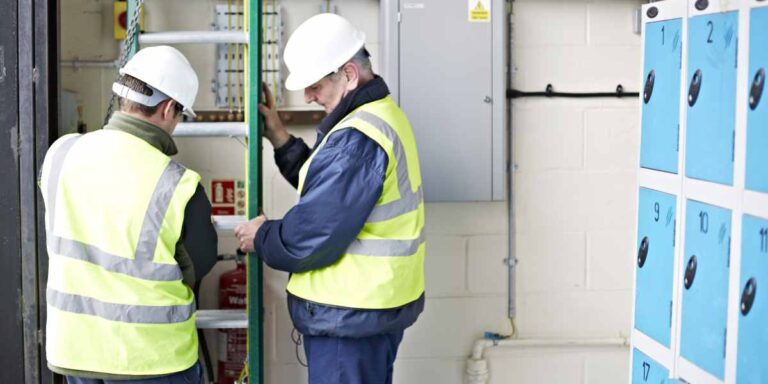
Are you a business working in the construction industry? Find out more about developing your workforce with corporate construction training at Able Skills.
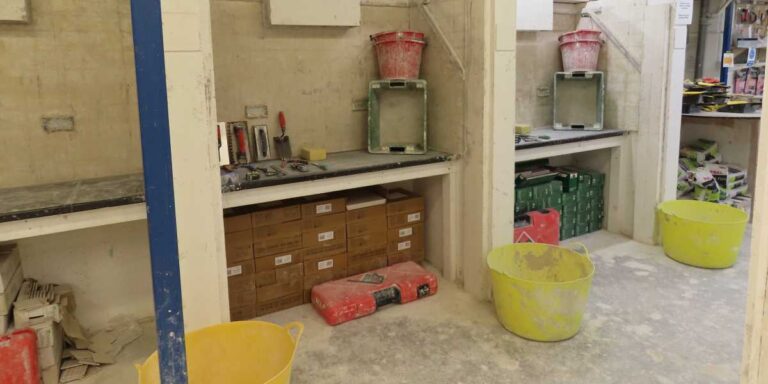
Learn more about the construction training facilities on offer at Able Skills, with dedicated areas for bricklaying, carpentry, plastering and decorating.

Are you a landlord looking for ways to keep your costs down? Find out why learning property maintenance skills can be a valuable investment.
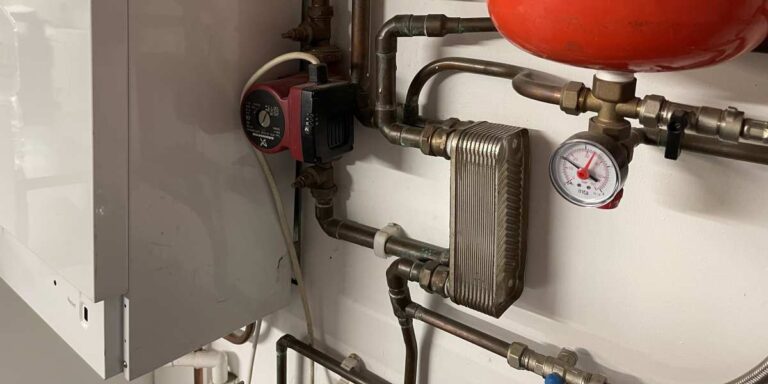
Thinking about exploring a career in gas, but unsure whether you need a plumbing qualification first? Find out more about exactly what is needed before starting your gas training.

Are you interested in property development? Find out more about how you can build the skills to tackle your own home renovation.

Find out what you could learn on the Introduction to Plumbing course at Able Skills.

Able Skills launches virtual tours of the training centre so prospective students can look around without having to travel
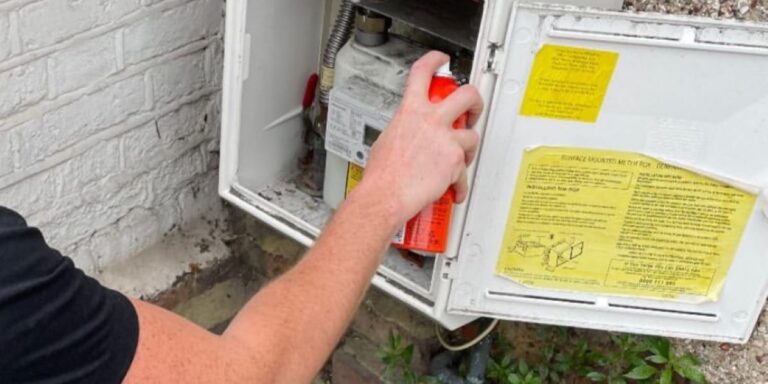
Are you preparing to complete your gas portfolio? Find out everything you need to know about sourcing and completing a gas work placement.
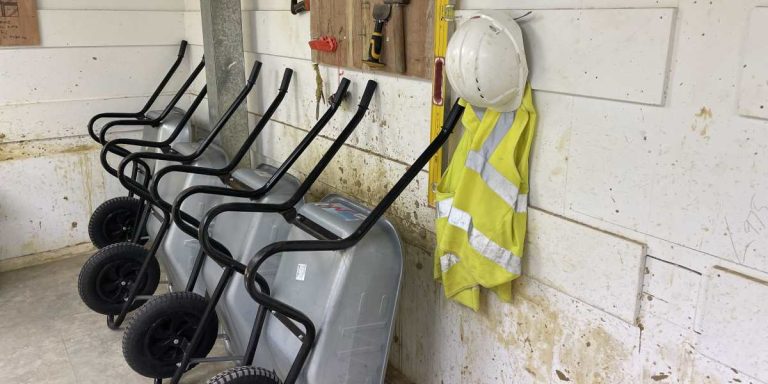
Find out more about the latest developments from across the construction industry, including sector growth, employment opportunities and AI.
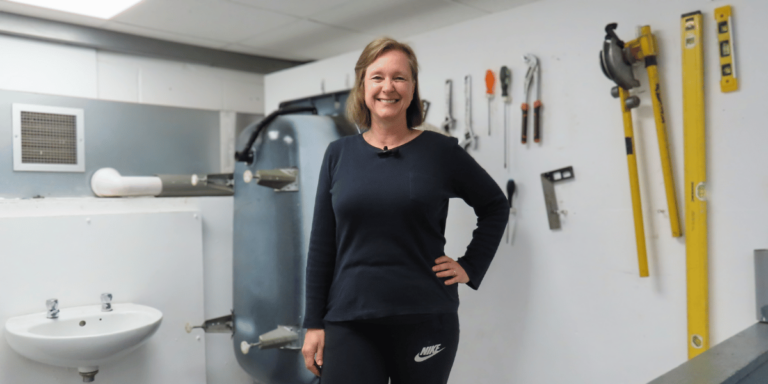
Find out how Suzanne is learning new skills in plumbing and tiling to help with landlord property maintenance on her buy-to-let portfolio.

